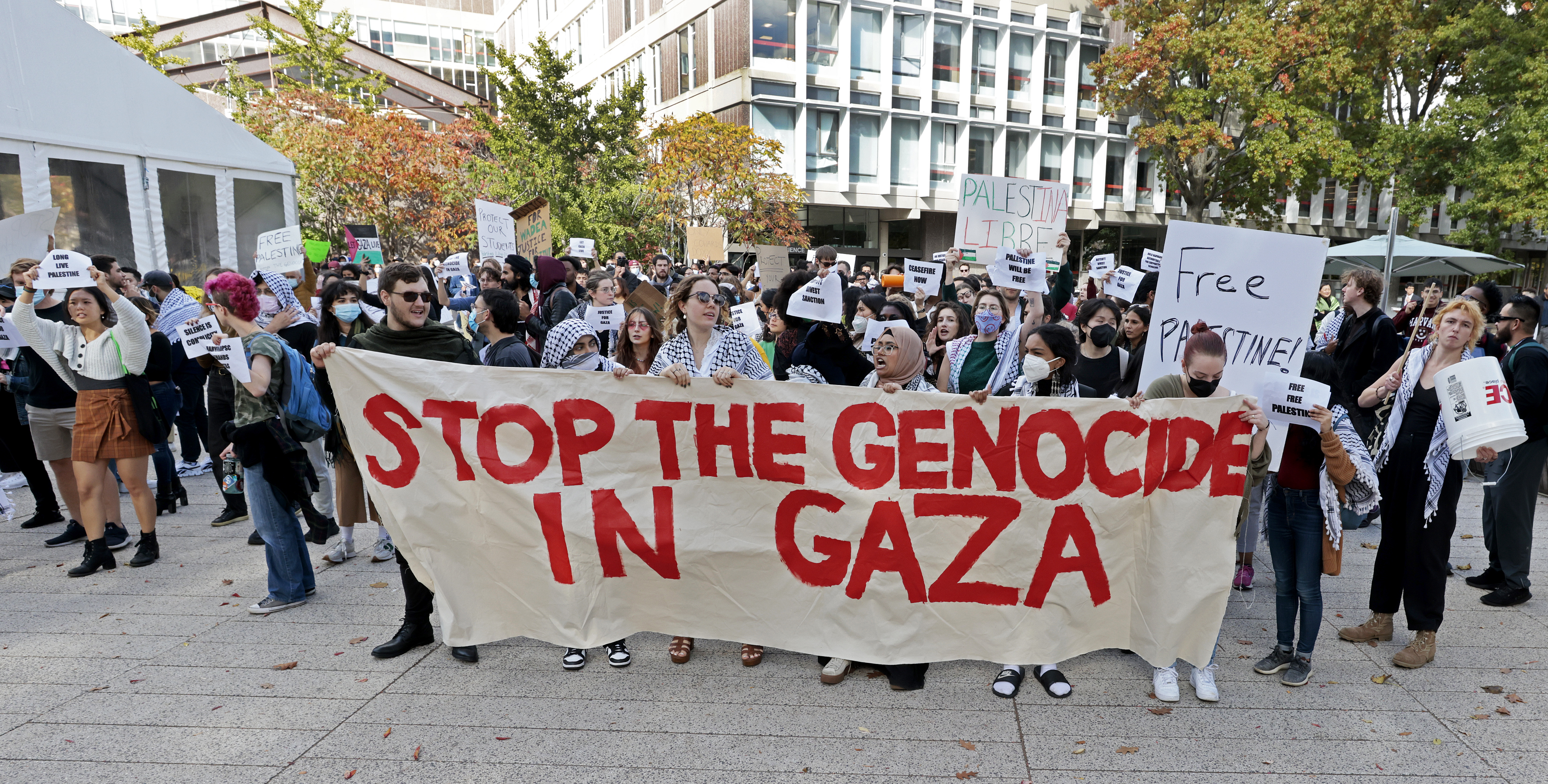Two major law firms have changed how they handle cases of sexual harassment and other disputes after students at Harvard Law urged attorneys to boycott the firms in a social media campaign.
Following a series of tweets from the student-run organization, Pipeline Parity Project, the firm Kirkland and Ellis announced it would no longer require some of its employees to sign a mandatory arbitration agreement in order to work there. The agreement requires employees to litigate any complaints, such as sexual harassment, through an internal arbitration process instead of in public court.
“We are not going to go work for firms that are going to deny us the right to go to court if we are sexually harassed,” said Sejal Singh, who is in her second year at Harvard Law.
A year ago, Singh said she and her classmates were struck by just how frequently the agreement was used in their own industry. They decided to push for their peers at school and across the country to boycott any firm that used it, urging followers on Twitter to “dump” them.
“Sixty million American workers are subject to forced arbitration agreements that are usually snuck into the fine print of their contract,” Singh explained of the widespread use across other industries. “I think a lot of people don’t even realize they’re signing their rights away.”
Following the announcement from Kirkland and Ellis, the Chicago-based firm Sidley Austin also announced it would end the practice.
“I think it’s great,” said attorney Katherine Michon of Hartley Michon Robb.
Local
In-depth news coverage of the Greater Boston Area.
As someone who represents employees in workplace complaints, Michon said the change takes the power away from employers, who get the upper hand when they know they will not have to take a case to court.
“If someone accuses a partner of the law firm of sexual harassment or discrimination they can contain it. So, that’s why they want it,” Robb explained.
However, since two major firms have already changed their policies, Singh believes more will soon follow in order to avoid losing lawyers from top law schools, such as Harvard.
“We are not going to let harassment discrimination and workplace abuse be swept under the rug anymore,” Singh said, “This is just the beginning.”



